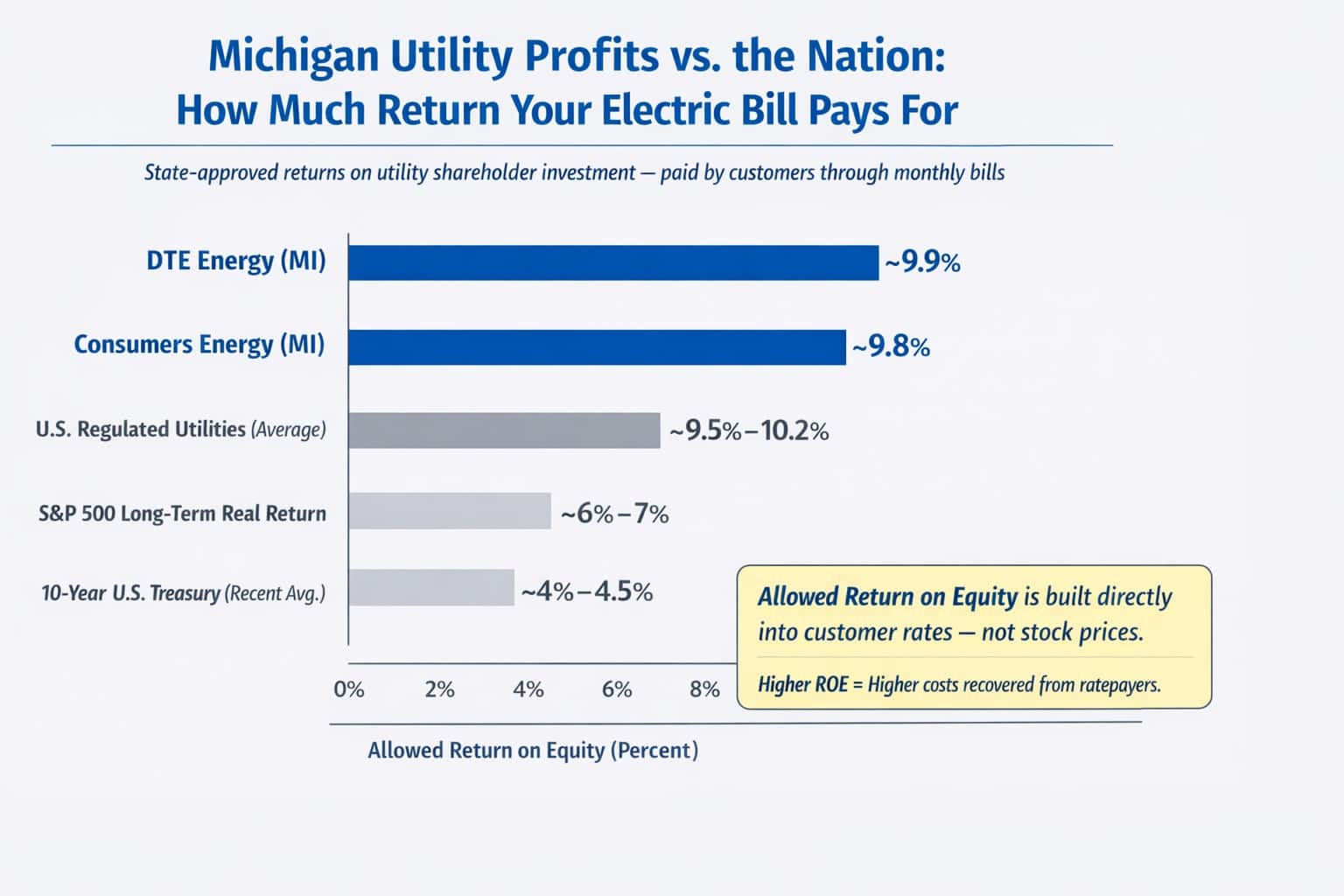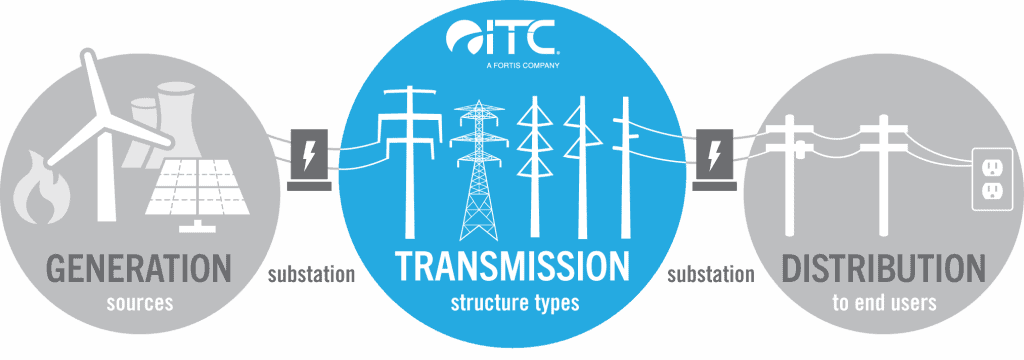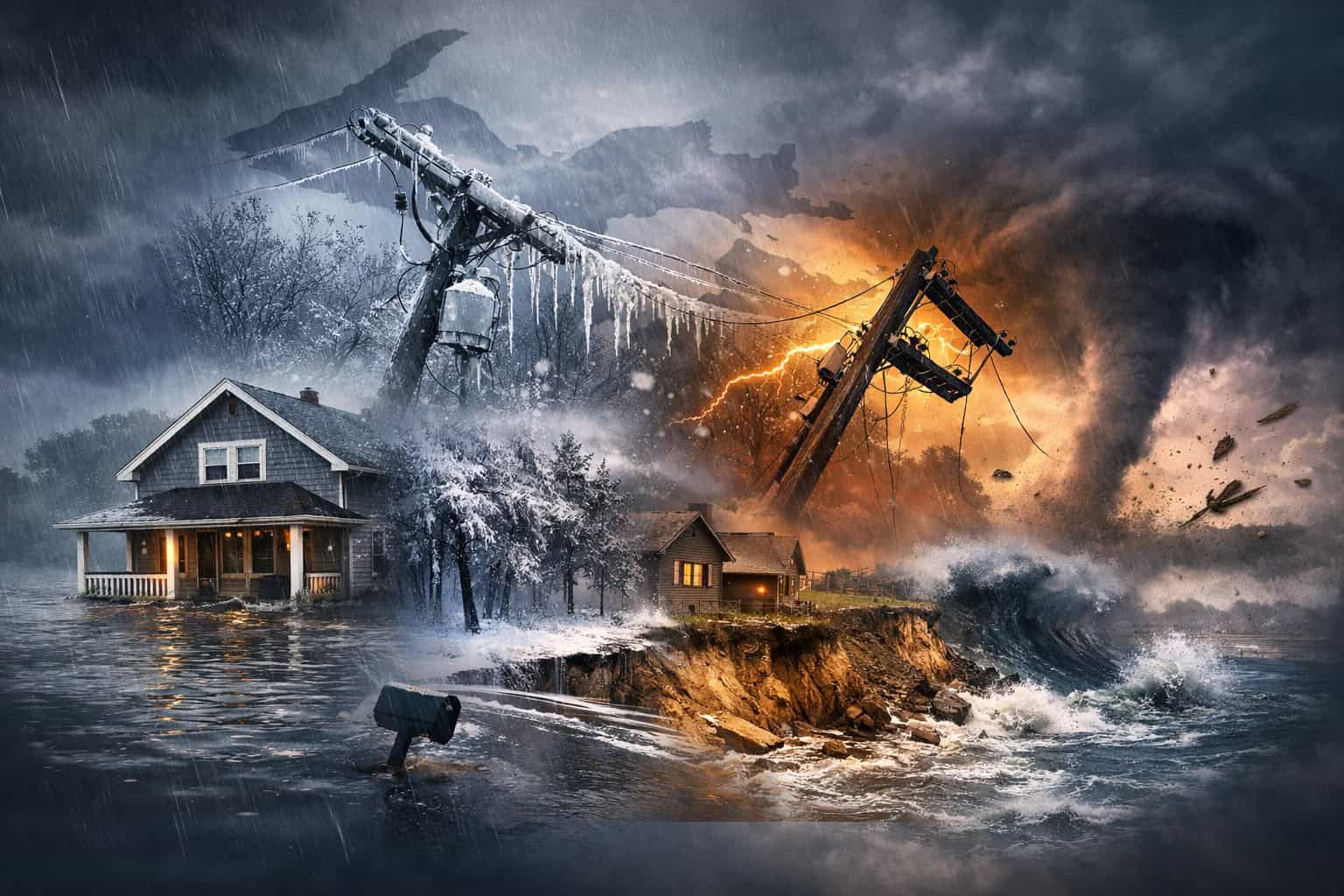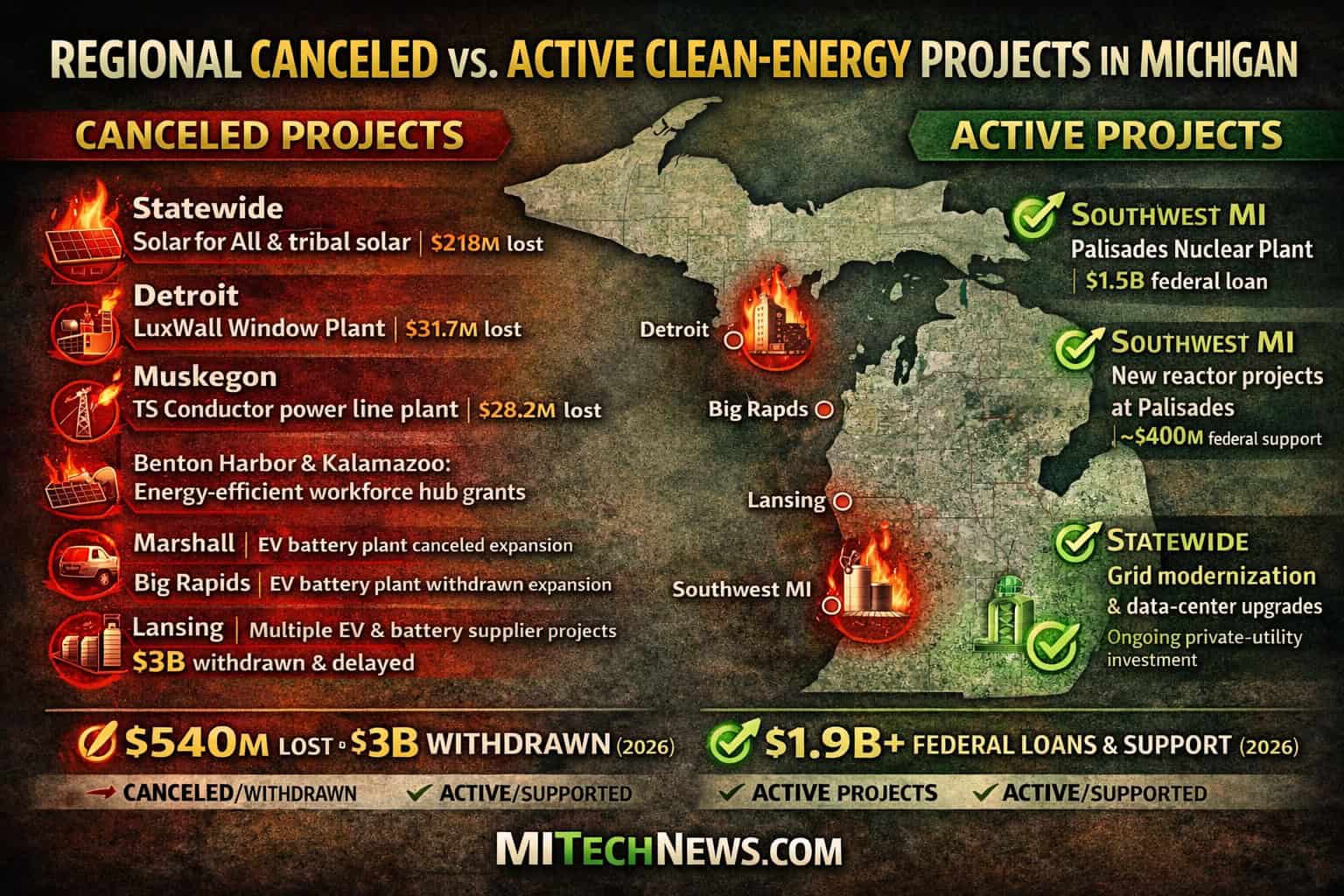LANSING – The Senate Energy and Technology Committee on Tuesday began discussing two of four aspects of updating the state’s 2008 energy law overhaul mandating a renewable energy standard, energy efficiency goals, and the pros and cons of electric choice in the marketplace.
The committee heard from Steve Bakkal, director of the Michigan Energy Office, and John Quackenbush, chair of the Public Service Commission, who together toured the state last year to garner input from citizens, businesses and interested parties about Michigan’s energy future. The two mostly reviewed their reports on energy efficiency and renewable energy, but also sparked a major conversation about what to do with state’s renewable energy law mandating utilities generate at least 10 percent of their energy from renewable sources.
As has long been the case, Quackenbush said utilities are well on their way toward meeting that goal, and in fact could do so by the end of this year. He said onshore wind has dominated the renewable energy sources (about 94 percent of alternative energy in the state comes from wind), and it is one of the cheapest forms of electric generation due in part to a federal tax credit that promoted that growth. That tax credit expired at the end of 2013, but the federal government is discussing extending the sunset or bringing the credit back on its own, Quackenbush said.
One of the major issues attached to the discussion about increasing the use of renewable energy, and especially wind energy, is transmission, or the ability to get that energy to the people who need it in a reliable and cost-effective manner. To that point, Quackenbush told committee members that it would be difficult to know how much paying for transmission could affect a customer’s bill without having a specific project to reference.
Although wind turbines have proven more effective than originally thought, other questions about their noise and siting in general have also have surfaced. Quackenbush told the committee that some “unintended consequences” could occur with any alternative energy project, including wind, but there are certain distance requirements and those issues could be worked through from the get-go between residents and turbine companies.
Committee members also raised questions about increasing the use of hydropower and solar power, as both were raised in 2008 as outlets for consideration. Current law states that hydropower facilities could be refurbished but not expanded. Sen. Coleman Young II (D-Detroit) raised a question about using that resource in urban areas, and committee chair Sen. Mike Nofs (R-Battle Creek) asked whether its current definition as it relates to power generation should be expanded or changed.
“We have some hydro currently,” Quackenbush said. “It’s a small percentage, but where we have the resources, it’s a good resource to have … ‘Run of the River’ hydro has proven cost effective and beneficial for the state, but there’s a limited number of locations where we could do more of it.”
Quackenbush said another type of hydro power that Nofs specifically referenced, which would use the water current as part of power generation, falls into a separate category and comes “at a high cost” currently. But with further experimentation and innovation, the costs could come down, he said.
As for solar power, Quackenbush said although many have expressed an interest in investing in it and costs have “plummeted,” it still remains more expensive than wind.
Although neither Quackenbush nor Bakkal could outright speak in support or opposition of upgrading the renewable mandate due to their respective positions, Quackenbush did note that the expiring federal tax credit for wind energy and the responsiveness of natural gas prices to market factors suggests the state should have a diverse energy portfolio no matter what.
“What looks like the best alternative today might not be the best alternative tomorrow,” he said. “It’s always good to keep things flexible so we can adjust if need be.”
And Quackenbush said having a mandate tends to show to alternative energy companies that the state has an invested interest in that product.
Nofs said the committee would continue to discuss energy efficiency and renewable energy next week, and will likely tackle electric choice and other energy topics at a later time. He said it is possible that work groups may be formed to discuss how to move forward with the state’s energy law after all of those hearings.
This story was provided by Gongwer News Service. To subscribe, click on Gongwer.Com






